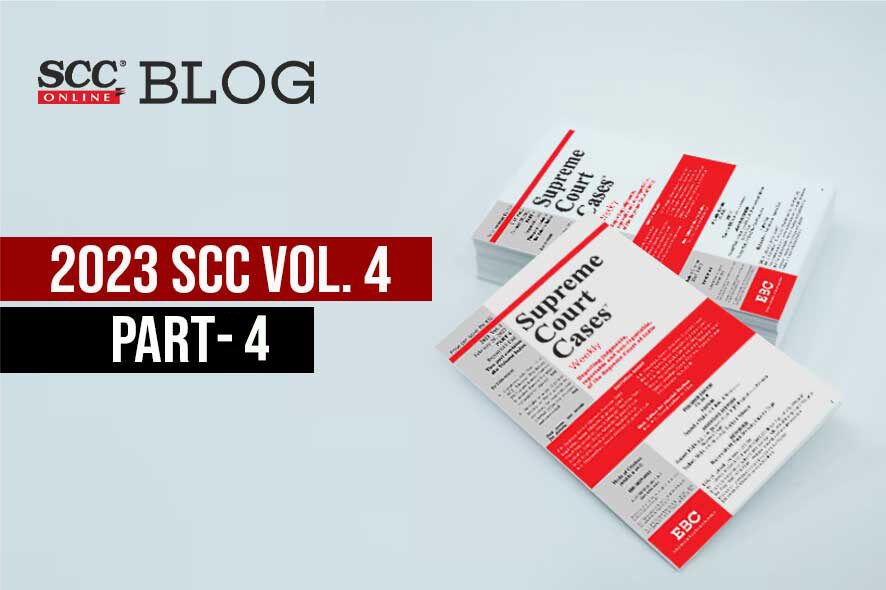Constitution of India — Art. 226 — Maintainability of writ petition: A writ under Art. 226 against a private educational institute would be justified only if a public law element is involved. If it is only a private law remedy, no writ petition would lie. [S.K. Varshney v. Our Lady of Fatima Higher Secondary School, (2023) 4 SCC 539]
Constitution of India — Arts. 226, 30 and 19(1)(g) — Maintainability of writ petition against private person or body: If action impugned before writ court has no nexus with public element, even though the private body in question may be discharging public function, held, writ jurisdiction cannot be invoked in such a case. [St. Mary’s Education Society v. Rajendra Prasad Bhargava, (2023) 4 SCC 498]
Constitution of India — Arts. 25 and 26: Law declared by Constitution Bench in Sardar Syedna Taher Saifuddin Saheb, AIR 1962 SC 853, matter referred to Sabrimala Temple Review nine-Judge Bench. [Central Board of Dawoodi Bohra Community v. State of Maharashtra, (2023) 4 SCC 541]
Income Tax Act, 1961 — S. 2(15) [as amended in 2008 and then by the Finance Act, 2011 (w.e.f. 1-4-2012) and the Finance Act, 2015 (w.e.f. 1-4-2016)]: Conditions required to be satisfied, for entitlement to exemption vis-à-vis charitable purpose of advancement of any other object of general public utility (GPU), explained. Law clarified relating to when and extent to which trade, commerce, or business or any services in relation thereto is permissible by GPU. [CIT v. Ahmedabad Urban Development Authority, (2023) 4 SCC 561]







